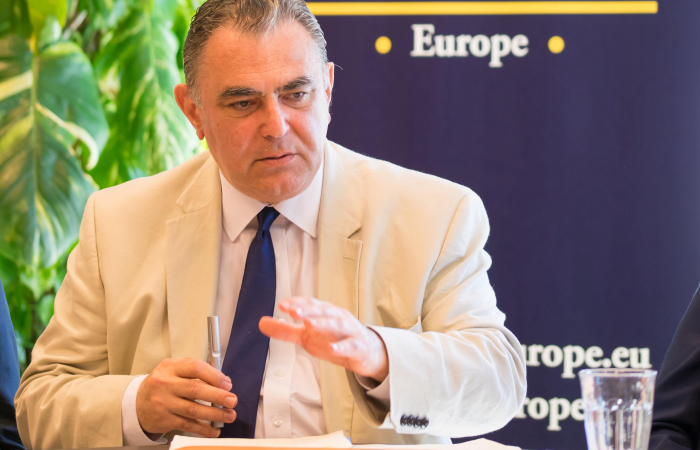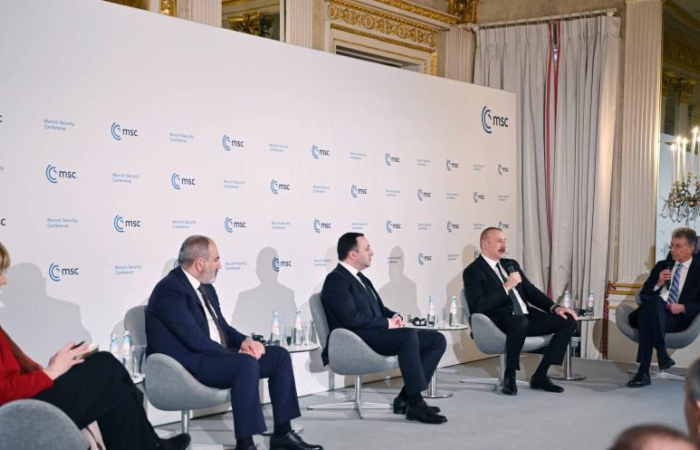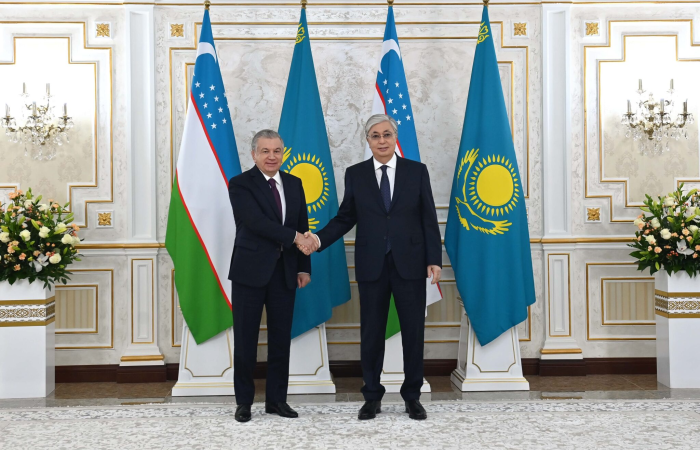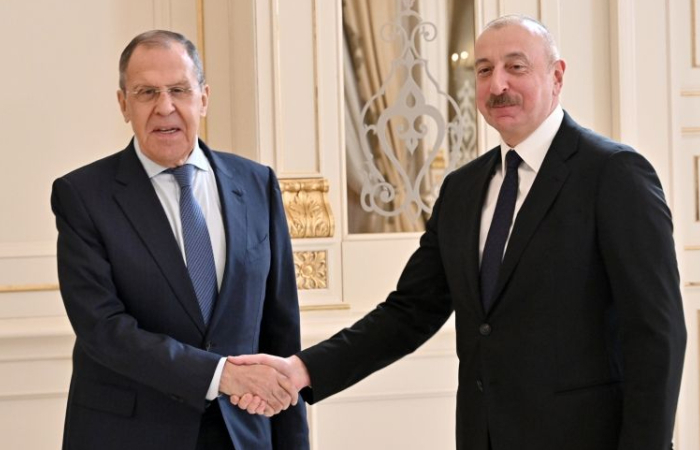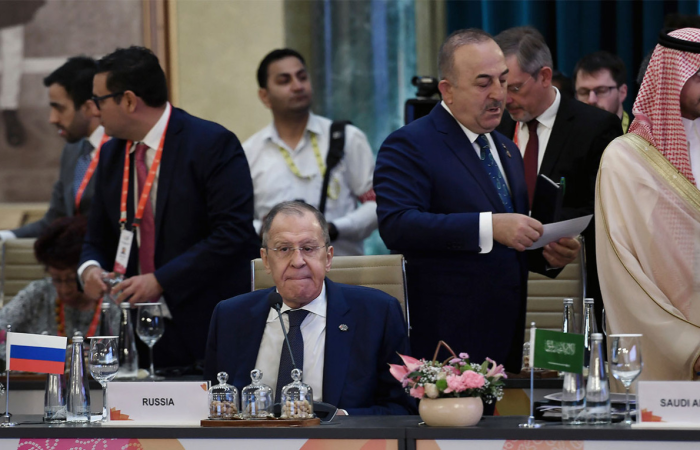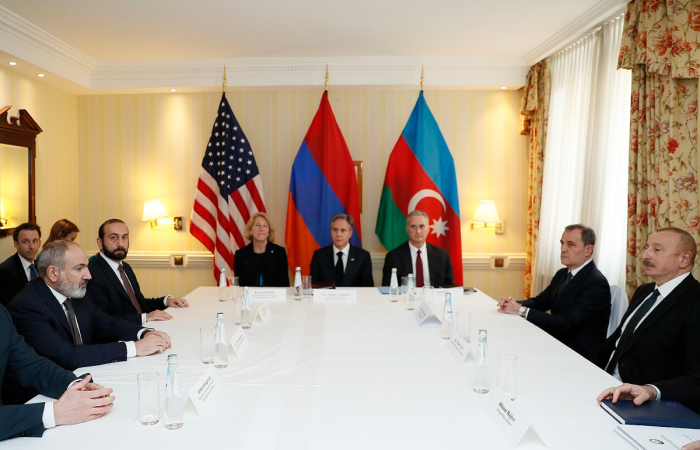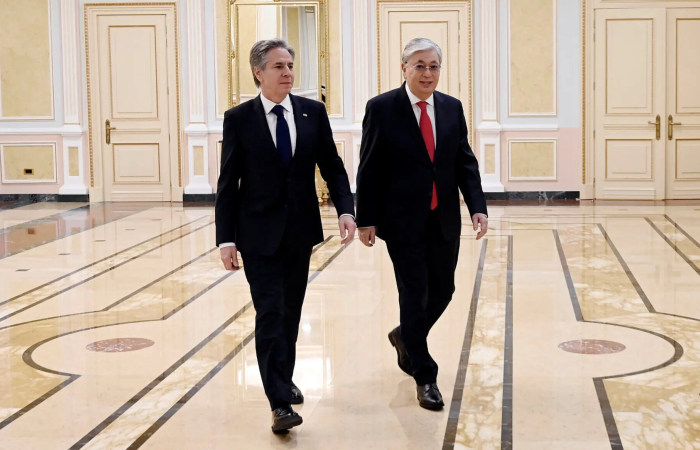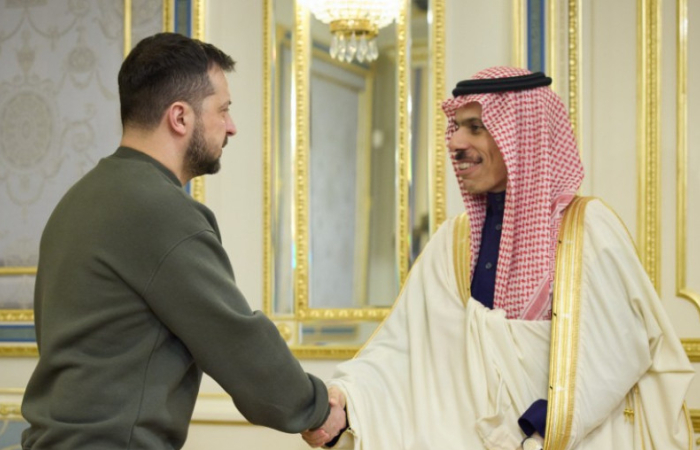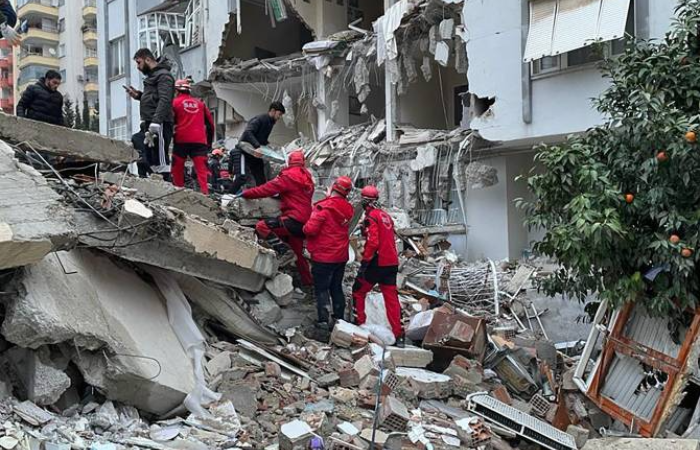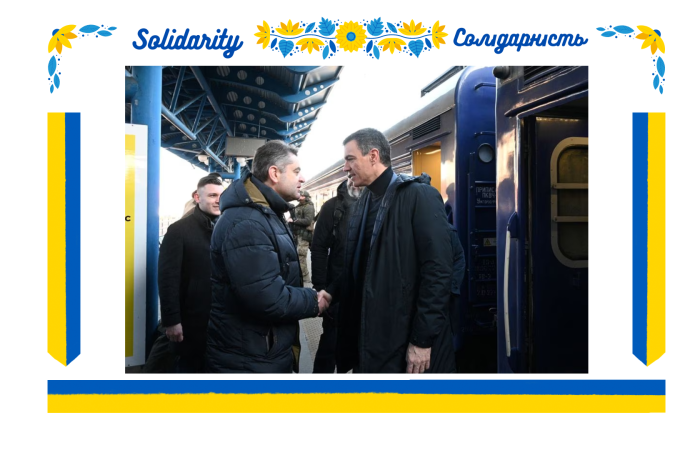Editor's choice
This is a members’ functionality. Please
Sign upCommentary
Trending
Commentary: Central Asia is safer together
7 March 2023
Whilst it is often the case that the five Central Asian republics are lumped together and seen by outsiders as one group, in truth there are between them huge differences, a lot of competition, some rivalry, and every now and then, some conflict, writes the commonspace.eu editorial team. The big two, Kazakhstan and Uzbekistan, are often perceived to be in competition with each other. The two have different strengths and weaknesses, which means that if they play their cards right they can turn this competition into a healthy collaborative relationship with a win-win situation. This is what appears to be happening at the moment. Kazakh President, Kassym-Jomart Tokayev, met his Uzbek counterpart Shavkat Mirziyoyev in Shymkent on 3 March to discuss “trade and prospects for strengthening allied relations between the two countries”. The Kazakh presidential administration described the meeting as “informal”. The two leaders appear to have two priorities. The first is to co-ordinate positions in the face of what appears to be considerable pressure from Moscow for the two countries to tow the line and stay in the fold, at a time when the Kremlin feels embattled due to the ongoing war in Ukraine.
commonspace.eu editorial team




